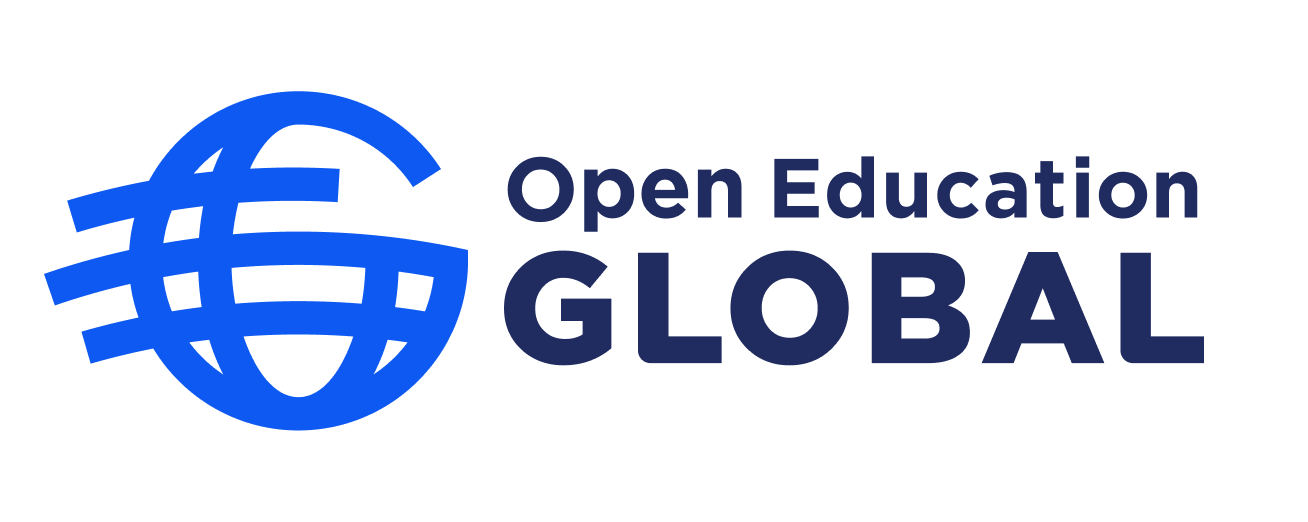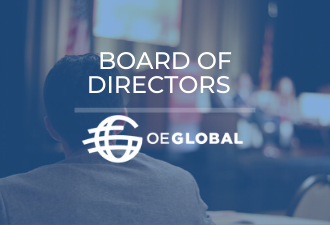In January 2023, Dr. Lisa Young was nominated by the OEGlobal Board of Directors as the Vice Chair. Dr. Young has been a member of the OEGlobal board since 2021, an open education advocate for over a decade, and has served in higher education institutions for over 30 years.

Currently the Faculty Administrator in Open Education & Innovation at Maricopa Community Colleges, Dr. Young was a founding member of the Maricopa Millions OER project which leveraged OER and low-cost materials to provide cost savings and increased access to learning materials.
“Seeing the impact of OER globally has changed the tapestry of my soul – seeing the impact OER has in other regions of the world and being able to collaborate on global projects. I get to see the amazing impact that open educational resources have on equity, inclusiveness, and access to knowledge.”
Dr. Lisa Young, 2021
Her position as Vice Chair of OE Global validates a career-long passion to ensure access to open licensed and public domain assets, knowing that open education practices and materials have the power to change lives across the world. Starting as faculty teaching water resources, her interests later expanded to online education and OER. She has delivered many presentations and workshops focusing on OER across the U.S. and abroad.
She has served on the Community College Consortium for Open Educational Resources (CCCOER) Executive Council since 2013, serving as Vice President of Professional Development (2015-2017), Outreach (2017-2018), and Co-President. She was involved with the Community College Consortium for OER’s Regional Leaders of Open Education Initiative and the White House’s Open Government Partnerships discussions of 2014 for the U.S. Government. Additionally, she has served as an OER mentor in the Open Education for a Better World (OE4BW) project.
As Faculty Administrator for Open Education and Innovation, Dr Young serves as part of the leadership team in the Maricopa Community Colleges Academic and Student Affairs department, and is involved in the planning, implementation, and growth of open education efforts and academic innovations. The goal is to sustain and grow instructional innovation, including that as it relates to Open Educational Practices (OEP). The Faculty Administrator is a primary contact and provides leadership, support, and implementation of District-wide OEP and academic innovation initiatives for the colleges.
Thank you for taking on this role Dr. Young, we are honored by your continued involvement with, and dedication to, OEGlobal.

